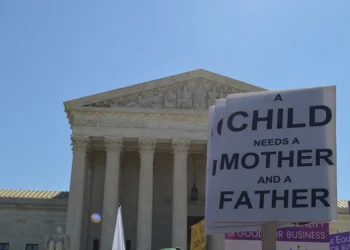
A father once visited a church I served, together with his two children. After the service, he indicated that he wouldn’t be returning because ‘we didn’t provide anything for children’. What he meant was, the children didn’t go out to Sunday school during the sermon. His own children had listened attentively, perhaps because many other children were doing the same. A number of those pre-teen children had been strikingly converted in the past few years and were drinking in the Word. But the father was convinced that this wouldn’t meet his children’s needs. And many church leaders would agree. The case is often made for ‘taking the children out’, sometimes for most of the service, and at least for the main message. I want to gently question this common practice and the thinking behind it. Is it more cultural than biblical? Is it as necessary or even as helpful as usually supposed?
Biblical assumptions
As evangelicals, we start with the Bible. But there is no hint in the New Testament that children were taught separately from their parents when the church gathered. In fact, Paul assumes that children are there and are ready to listen. Young and old alike have benefited from his great gospel exposition, and so he addresses the children directly (Colossians 3:20, Ephesians 6:1). We know that there were children in the crowds to whom Jesus preached (compare Mark 6:34 and Matthew 14:21). There is also Old Testament precedent for this pattern of children gathering with their parents – to hear God’s Word explained (Deuteronomy 31:9-13, Joshua 8:32-35) and to seek God in earnest prayer (2 Chronicles 20:13, Joel 2:16).

















